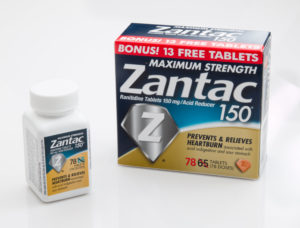FDA may switch hydrocodone to stricter access level
The Food and Drug Administration (FDA) is considering changing hydrocodone from a Schedule III class of drug to the more restricted Schedule II classification in an attempt to curb its abuse. Currrently, the drug is one of the few medications for moderate to severe pain that is still on the Schedule III list.
The FDA’s Drug Safety and Risk Management Advisory Committee voted last week to reclassify the drug, prompting strong reactions from pharmacy, nursing and palliative care groups.
In a comment letter to the FDA, 18 co-signing organizations—including National Association Directors of Nursing Administration, the National Hospice and Palliative Care Organization and the American Society of Consultant Pharmacists—urge the FDA to reconsider, saying the reclassification of the drug would impose undue burdens on legitimate pain patients, including those in long-term care and hospice.
"Prescriptions for Schedule II medications cannot be transmitted by telephone or fax, nor can they be refilled," the letter states. "The proposed policy change would require patients to see their doctor for office visits with greater frequency simply to refill a prescription. There would be a much greater chance that patients with a legitimate clinical need would be unnecessarily forced to endure symptoms of pain for longer periods of time."
The National Community Pharmacists Association (NCPA), in its own submitted comments to the FDA, added that pharmacies would incur extra costs associated with the Schedule II procedures, yet the policy would remove one of the last Schedule III drug options to treat severe pain.
"Moving all of these hydrocodone products to Schedule II will result in significant barriers for patients who have a legitimate need for these products and it will result in adding to the nation’s health care costs with no assurance of a reduction in diversion and abuse," said NCPA Vice President of Policy and Regulatory Affairs Ronna Hauser, PharmD, in a press statement.
See more about the scheduled meetings and agenda of the Drug Safety and Risk Management Advisory Committee, including the webcasts of the January 24-25 meeting.

Pamela Tabar was editor-in-chief of I Advance Senior Care from 2013-2018. She has worked as a writer and editor for healthcare business media since 1998, including as News Editor of Healthcare Informatics. She has a master’s degree in journalism from Kent State University and a master’s degree in English from the University of York, England.
Related Articles
Topics: Clinical , Executive Leadership , Rehabilitation











